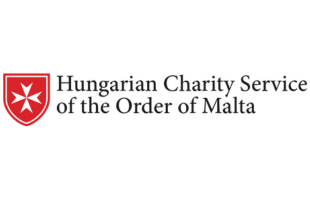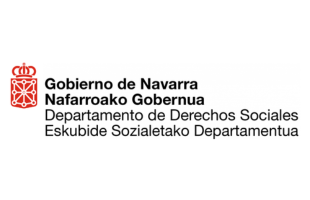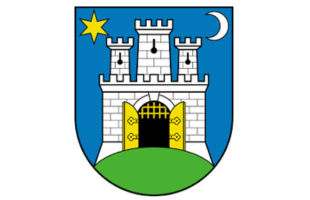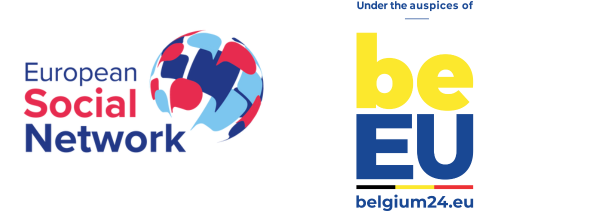PROJECT FORUM
SESSION DESCRIPTION
- 28/06/2024 09:00 - 09:45
Series of short ‘elevator-pitch’ presentations on projects related to the conference theme. Delegates are invited to follow up on the presentations with the presenters during the networking breaks. This session is open to all delegates to attend.
Moderator: Georgia Chimbani, Director of Adult and Community Services, Suffolk County Council, UK
Interpretation Languages: English, German, French, Spanish, Italian, Dutch
Room: Queen Elisabeth Hall
PROJECT FORUM

Community-based Activities to Promote Social Inclusion
The ‘Presence in Ferencváros’ project by the Charity Service of the Order of Malta in Budapest is a comprehensive social inclusion initiative launched in 2017. It tackles unemployment, housing issues, healthcare, poverty, and ethnic exclusion through intensive social work and community engagement. The project employs the ‘presence methodology,’ emphasising analysis-based, tailored solutions and ‘reverse integration’ by involving skilled experts, artists, and students. Programmes like ‘Symphony’ for children’s social integration through music and a community-based bike repair shop promote youth engagement. Key objectives include child protection, preventing domestic violence, and fostering long-term independence, supported by collaborations with local authorities and NGOs. The project embodies a commitment to addressing diverse community needs and promoting inclusion effectively. The presence method has been selected as the basis for a nation-wide EU funded programme (“Emerging Settlements”) coordinated by the Charity Service since 2019.
Presentation Language: English
Presenter: Emese Viszoczky, Head of Regulatory and Monitoring Affairs, Hungarian Charity Service of the Order of Malta, Hungary

Dialogic Approach to Care
This project in Navarra, Spain, focuses on training professionals, from various sectors including health, education, justice, and social third sector organisations primarily those in Child and Family Protection, to implement the Dialogic Approach, which is a person-centred tool with international recognition. It aims to enhance dialogue within personal and professional networks to better combine resources for effective individual and family support. The training process spans 286 hours, covering theory, practice, and supervision, with different courses targeting facilitators, advisors, and future trainers. The goal is to modernise and improve person-centred care models in Navarra’s social services, fostering a paradigm shift in professional roles towards supporting the person through their journey, guiding, and motivating them along the way.
Presentation Language: Spanish
Presenter: María Jesús Arellano Ayala, Head of Person-Centred Care, Department for Social Rights, Regional Government of Navarra, Spain

Encouraging Social Inclusion through Labour Market Activation
The City of Zagreb’s support programme for vulnerable people who receive the guaranteed minimum income is a comprehensive initiative that employs a multidisciplinary team and targets various disadvantaged populations, including long-term unemployed, young people transitioning from alternative care, homeless people, victims of domestic violence, and people with disabilities. Through psychosocial support, mentoring, skills training, and education, the programme aims to empower participants and facilitate their employment and social inclusion. Evaluation results indicate high satisfaction and positive outcomes, including improved mental well-being and increased employability. Success stories highlight the programme’s impact on personal and professional development. Overall, Zagreb’s programme serves as a model for promoting labour market integration and eventually empowerment and social inclusion, showcasing the effectiveness of collaborative, multidisciplinary efforts in addressing complex social challenges.
Presentation Language: English
Presenter: Zorana Uzelac Bošnjak, Assistant Head of Social Policy, City of Zagreb, Croatia
